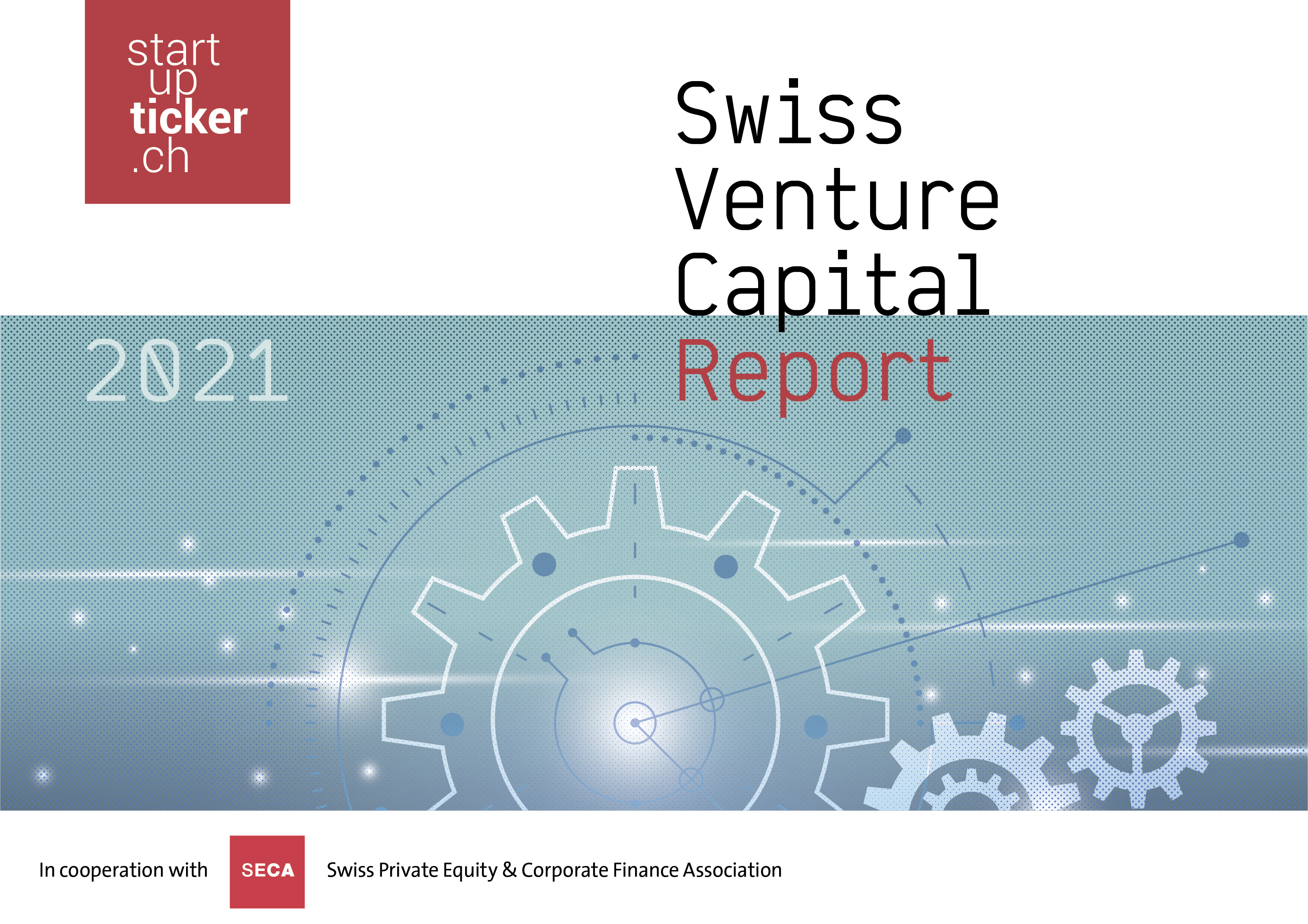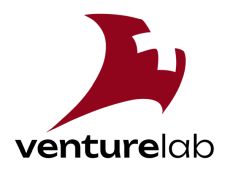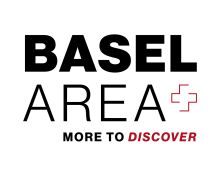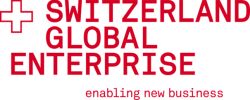
Four university projects are harnessing digital tools and sustainable systems to empower small and midsized companies, museums, and greenhouses in their digitalization journey and efforts to reduce gas emissions. One initiative leverages gamification to promote biodiversity. Funding from the First Ventures program will accelerate the development of these projects.
Powered by the Gebert Rüf Stiftung, the First Ventures initiative enables bachelor’s and master’s students from Swiss Universities of Applied Sciences (UAS) to transform their innovative business ideas into market-ready ventures. Projects receive up to CHF 150,000, along with a customized coaching program designed to facilitate the startup launch process. Annually, CHF 2 million is allocated to this focused program.
The following startups have been funded:
PlaTool by Sylvan Mächler from the Ostschweizer Fachhochschule was awarded CHF 150'000, the initiative's maximum amount in the category 'Execute' to support small and medium-sized enterprises (SMEs) on their digitalization journey In Switzerland, the construction industry and skilled trades comprise several thousand companies, predominantly SMEs that often face challenges in competing with larger firms due to limited resources for investing in IT. While large companies can allocate substantial budgets for sophisticated digital solutions, many programs on the market cater primarily to their needs, leaving SMEs at a disadvantage in terms of digitalization, which hinders their efficiency and overall competitiveness. PlaTool by the company Progrivity aims to empower SMEs to embrace digitalization affordably and effectively by streamlining processes, minimizing idle time, and ultimately saving both time and money. With a user-friendly calendar view, PlaTool simplifies the scheduling of employee appointments, making it easier for SMEs to manage their workforce and optimize operations. By providing accessible digital solutions, PlaTool helps level the playing field, allowing SMEs to thrive in an increasingly competitive landscape.
Fourtyfour (Sustainable CO2 for agricultural yield boosting) by Mathias Müller from the Lucerne University of Applied Sciences (Hochschule Luzern) received CHF 25’000 ‘First Venture Proof’ for its cleantech solution.
Food production accounts for approximately one-third of global greenhouse gas emissions, largely due to fertilizer use and the long distances food must travel. Greenhouses and urban farming present more sustainable alternatives by facilitating local food production in controlled environments and optimizing irrigation and fertilizer application. However, the environmental advantages of these methods can be undermined by reliance on fossil fuels for heating and CO2 enrichment. To improve sustainability, identifying a cleaner source of CO2 is essential. At fortyfour, a fully electric system is being developed to capture CO2 directly from the atmosphere, integrating it into greenhouses to enhance crop yields and extend growing seasons with a reduced environmental footprint. Mathias Müller’s master’s thesis investigated this concept, leading to a prototype capable of capturing 50 grams of CO2 per hour, demonstrating the potential for decreasing greenhouse gas emissions in the food industry and promoting sustainable agriculture.
Two projects each received CHF 50’000 under the category ‘Validate’.
Anura-League | Sandro Ulrich, Hochschule Luzern
Biodiversity is declining at an alarming rate, yet only a handful of people seem to take notice. To reverse this trend, we need engaged citizens who feel a profound connection to nature and are motivated to protect it. Anura-League aims to cultivate this connection by engaging young people, particularly those aged 12 to 19 in urban areas, through an innovative, location-based adventure game that combines the excitement of a collectable card game. Players utilize AI image recognition technology to discover and collect local species, creating digital cards to share and challenge friends. Beyond gaming, Anura-League empowers players to enhance their own green spaces with gamified guidance on plant care and cultivation. By seamlessly integrating real-world nature into gameplay, Anura-League aspires to transform a tech-savvy generation into passionate advocates for biodiversity, fostering a deep and lasting bond with the natural world. Through play, we can inspire action and instil a sense of stewardship for our environment.
Reliq | Dzhuliia Kolodko, Zürcher Hochschule der Künste ZHAdK
Museums often face challenges in engaging diverse audience segments, frequently relying on static media such as brochures and audioguides that deliver a generic, one-size-fits-all experience. This approach neglects to address the personal interests and needs of visitors, resulting in weak connections between exhibits and attendees, ultimately leading to low engagement, attendance, and loyalty rates. As a result, many turn to platforms like Google and ChatGPT, which, while providing context, often offer unfiltered and potentially inaccurate information lacking the expertise of a museum curator. In response, Reliq empowers curators to shape the content and pathways within their exhibits, transforming visitors’ phones into personalized museum guides. This approach offers tailored guidance through exhibitions, adapting to individual backgrounds and inquiries, much like a knowledgeable personal guide. By democratizing museum visits, Reliq invites a broader audience across gender, education, and age, fostering deeper connections and enriching the overall visitor experience.
The next application deadline closes on 1st December.
(RAN)


 The new Swiss Venture Capital Report was published on 26 January. It analyses 304 financing rounds closed in 2020 and includes further article such as an interview with Michael Hengartner, President of the ETH Board, and a list of Swiss "soonicorns".
The new Swiss Venture Capital Report was published on 26 January. It analyses 304 financing rounds closed in 2020 and includes further article such as an interview with Michael Hengartner, President of the ETH Board, and a list of Swiss "soonicorns". 




















































Please login or sign up to comment.
Commenting guidelines